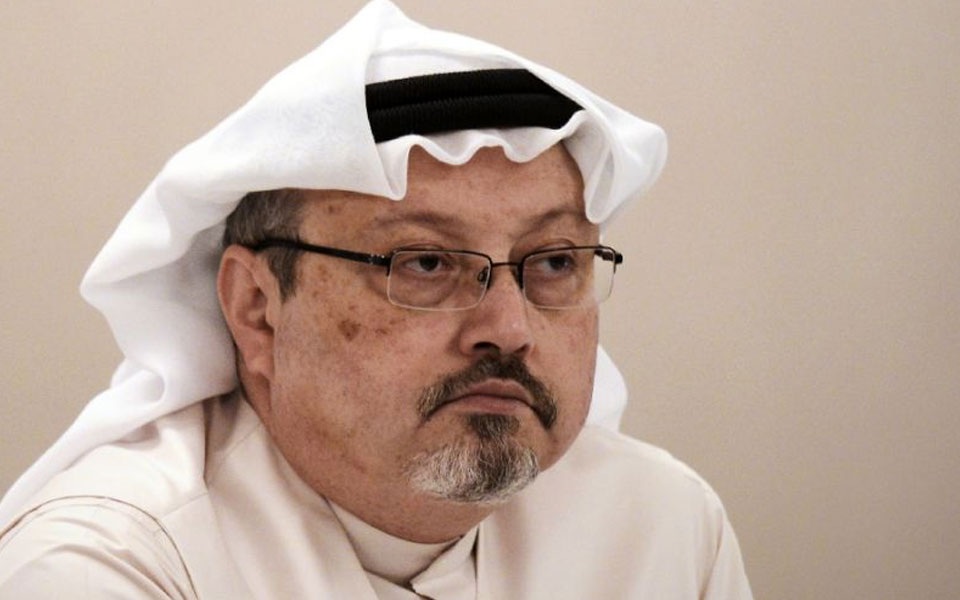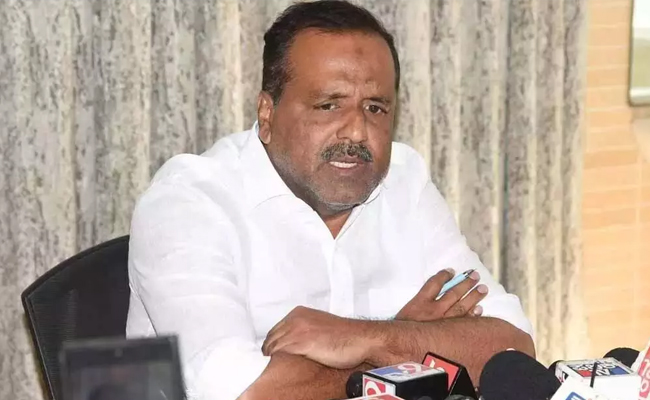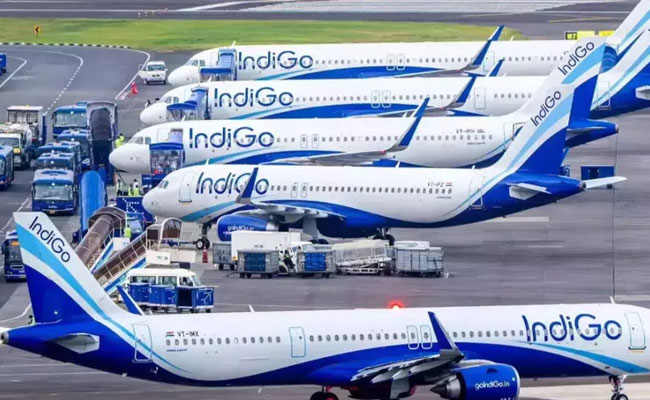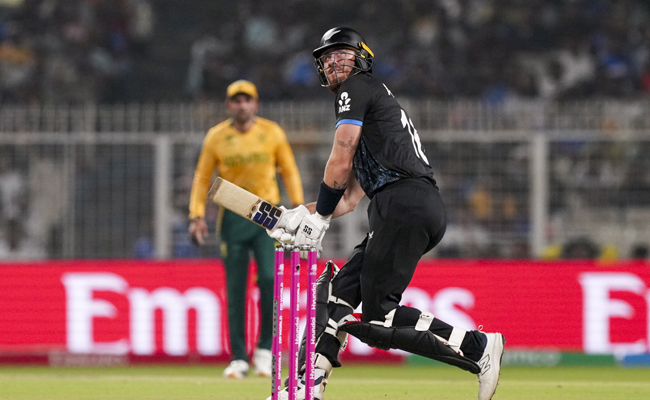Riyadh, Oct 20: Saudi Arabia on Saturday admitted that critic Jamal Khashoggi was killed inside its consulate in Istanbul, more than two weeks after his disappearance tipped the kingdom into one of its worst international crises.
The kingdom also sacked deputy intelligence chief Ahmad al-Assiri and royal court media advisor Saud al-Qahtani, both top aides to Crown Prince Mohammed bin Salman who has faced mounting pressure over the Khashoggi affair.
The admission that Khashoggi died at the hands of Saudi officials after weeks of vehement denials by the Gulf kingdom comes after President Donald Trump said that the United States, which is Saudi Arabia's biggest backer, could impose sanctions if it was proved the journalist was killed.
Saudi Attorney General Sheikh Saud al-Mojeb said Khashoggi died after "discussions" at the consulate devolved into an altercation, without disclosing any details on the whereabouts of his body.
"Preliminary investigations... revealed that the discussions that took place between him and the persons who met him... at the Saudi consulate in Istanbul led to a brawl and a fist fight with the citizen, Jamal Khashoggi, which led to his death, may his soul rest in peace," the attorney general said in a statement.
In its first reaction to Khashoggi's confirmed death, the White House said it was "saddened" but made no mention of any possible action against its major ally.
"We will continue to closely follow the international investigations into this tragic incident and advocate for justice that is timely, transparent and in accordance with all due process," White House spokeswoman Sarah Sanders said.
UN chief Antonio Guterres said he was "deeply troubled" adding there needed to be "full accountability for those responsible."
Shrouded in mystery
Saudi journalist Khashoggi, a critic of the Islamic petro-state's powerful crown prince and a Washington Post contributor, was last seen on October 2 entering his country's consulate in Istanbul.
His disappearance had been shrouded in mystery and triggered an international crisis, with Turkish officials accusing Saudi Arabia of a state-sponsored killing and dismembering his body.
The public prosecutor said 18 people, all Saudi nationals, have been detained in connection to the probe.
The Saudi king also ordered the setting up of ministerial committee under the chairmanship of the crown prince, widely known as MBS, to restructure the kingdom's intelligence agency and "define its powers accurately", state media said.
The controversy has put the kingdom -- for decades a key Western ally and bulwark against Iran in the Middle East -- under unprecedented pressure to offer an explanation to take the heat off its rulers.
It evolved into a major crisis for Prince Mohammed, a Trump administration favourite who has portrayed himself as a modernising Arab reformer, but whose image and even position at home could now be gravely undermined.
"Dismissing Saud al-Qahtani and Ahmad al-Assiri is as close to MBS as it is possible to go," said Kristian Ulrichsen, a fellow at Rice University's Baker Institute in the United States.
"Interesting to see if these moves prove sufficient. If the drip-drip of additional details continue, there's no buffer to shield MBS any longer."
Threat of sanctions
Shortly before Riyadh confirmed that Khashoggi had been killed, Turkey's President Recep Tayyip Erdogan and Saudi King Salman agreed in telephone talks to continue cooperation in the investigation into the Khashoggi affair.
Erdogan and Salman "emphasised the importance of continuing to work together with complete cooperation", said a Turkish presidential source, who asked not to be named.
The United States warned Friday of a "wide range" of responses should it determine that Saudi Arabia is behind the death of journalist Jamal Khashoggi, as Turkey widened its investigation into the scandal.
President Donald Trump said the United States could impose sanctions over the feared murder of Khashoggi while his top diplomat Mike Pompeo told Voice of America Radio: "We'll certainly consider a wide range of potential responses." The Trump administration has been notably slow to criticise Saudi Arabia, despite mounting evidence that Khashoggi, a critic of the Islamic petro-state's powerful crown prince, vanished after entering the Saudi consulate in Istanbul.
The Khashoggi case has presented Trump with one of the most acute foreign policy crises of his nearly two-year-old presidency.
Saudi Arabia's admission comes after Turkish authorities widened their probe on Friday, searching a forest in Istanbul city.
Fifteen staff, all Turkish nationals, testified at the chief prosecutor's office, state-run news agency Anadolu said. It has been reported that Turkish employees were given the day off on October 2, the day Khashoggi disappeared.
Let the Truth be known. If you read VB and like VB, please be a VB Supporter and Help us deliver the Truth to one and all.
Mangaluru (Karnataka) (PTI): Karnataka Legislative Assembly Speaker U T Khader on Wednesday sought an inquiry after a large number of Aadhaar cards were found on the banks of the Nethravathi River here.
The cards were found at Farangipete in Pudu village of his Mangaluru Assembly constituency.
Khader, in a note to the Project Manager of the Unique Identification Authority of India (UIDAI), Bengaluru, sought immediate intervention and necessary action against those responsible.
In the note dated March 4, he said that local residents noticed the Aadhaar cards along the riverbank on March 3.
Following information received from the public, the Pudu Gram Panchayat president and villagers collected the Aadhaar cards found scattered in the area. They subsequently brought the matter to his attention and the concerned authorities, he said.
Expressing concern over the incident, the Speaker has directed that a thorough investigation be conducted to ascertain how such a large number of Aadhaar cards ended up on the riverbank and to identify those responsible.
He instructed officials to initiate appropriate legal action through the concerned department at the earliest.





